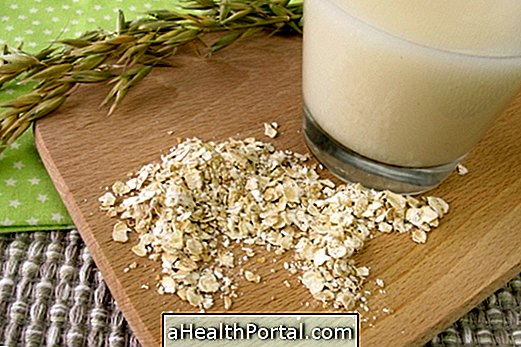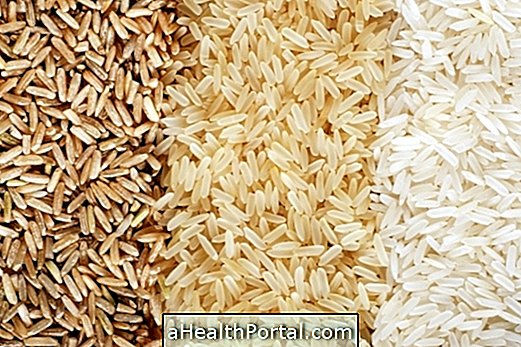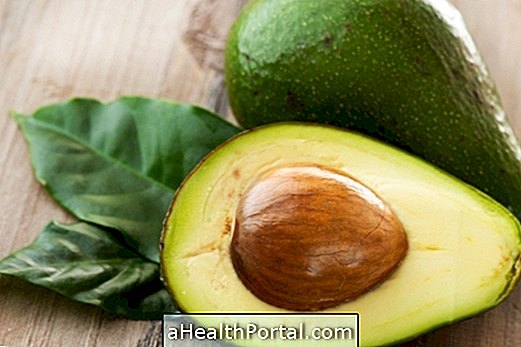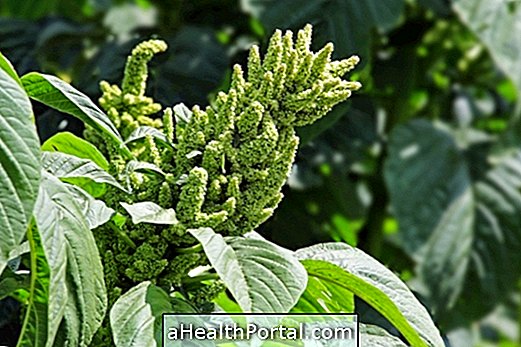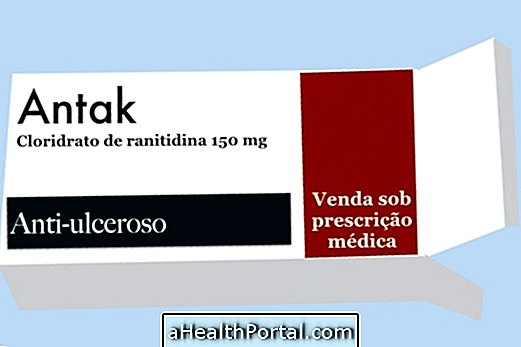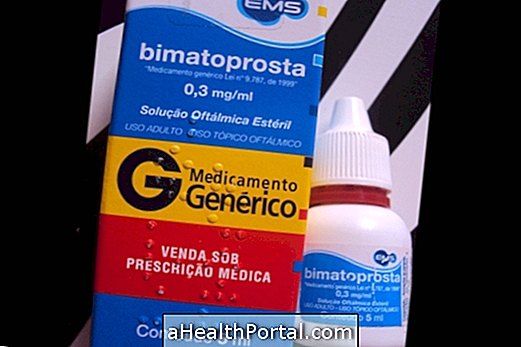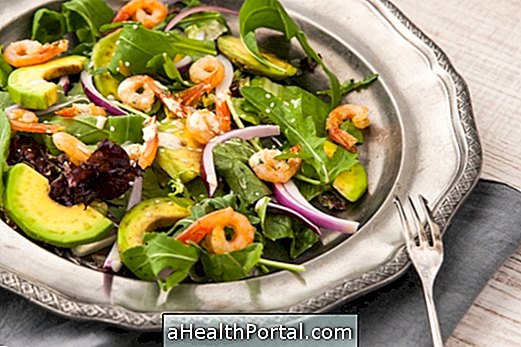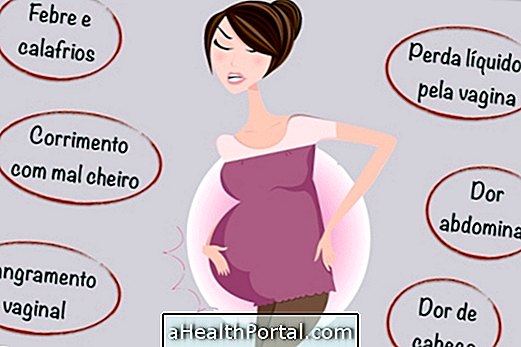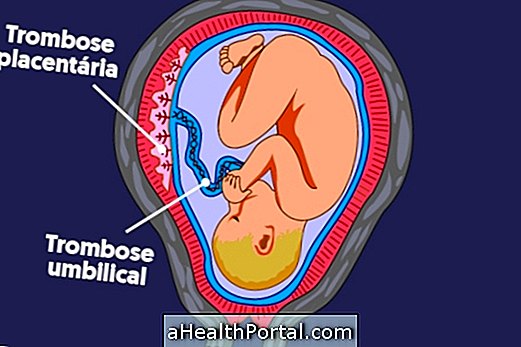Vitamin B5, also called pantothenic acid, performs functions in the body like producing cholesterol, hormones and red blood cells, which are the cells that carry oxygen in the blood.
This vitamin can be found in foods such as fresh meats, cauliflower, broccoli, whole grains, eggs and milk, and its deficiency can cause symptoms such as tiredness, depression and frequent irritation. See the full list of rich foods here.
Thus, adequate consumption of vitamin B5 brings the following health benefits:
- Produce energy and maintain the proper functioning of metabolism;
- Maintain adequate production of hormones and vitamin D;
- Reduce tiredness and fatigue;
- Favor healing of wounds and surgeries;
- Reduce high cholesterol and triglycerides;
- Help control the symptoms of rheumatoid arthritis.

Because vitamin B5 is easily found in many foods, normally all people who eat healthy have an adequate intake of that nutrient.
Recommended quantity
The recommended amount of vitamin B5 intake varies according to age and gender, as shown in the following table:
| Age | Amount of vitamin B5 per day |
| 0 to 6 months | 1.7 mg |
| 7 to 12 months | 1.8 mg |
| 1 to 3 years | 2 mg |
| 4 to 8 years | 3 mg |
| 9 to 13 years | 4 mg |
| 14 years and over | 5 mg |
| Pregnant women | 6 mg |
| Women who breastfeed | 7 mg |
In general, supplementation with vitamin B5 is only recommended in cases of vitamin B5 deficiency, so check the symptoms of lack of this nutrient.

